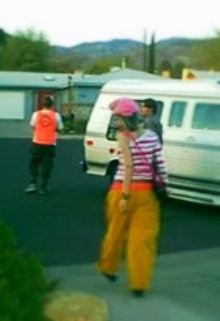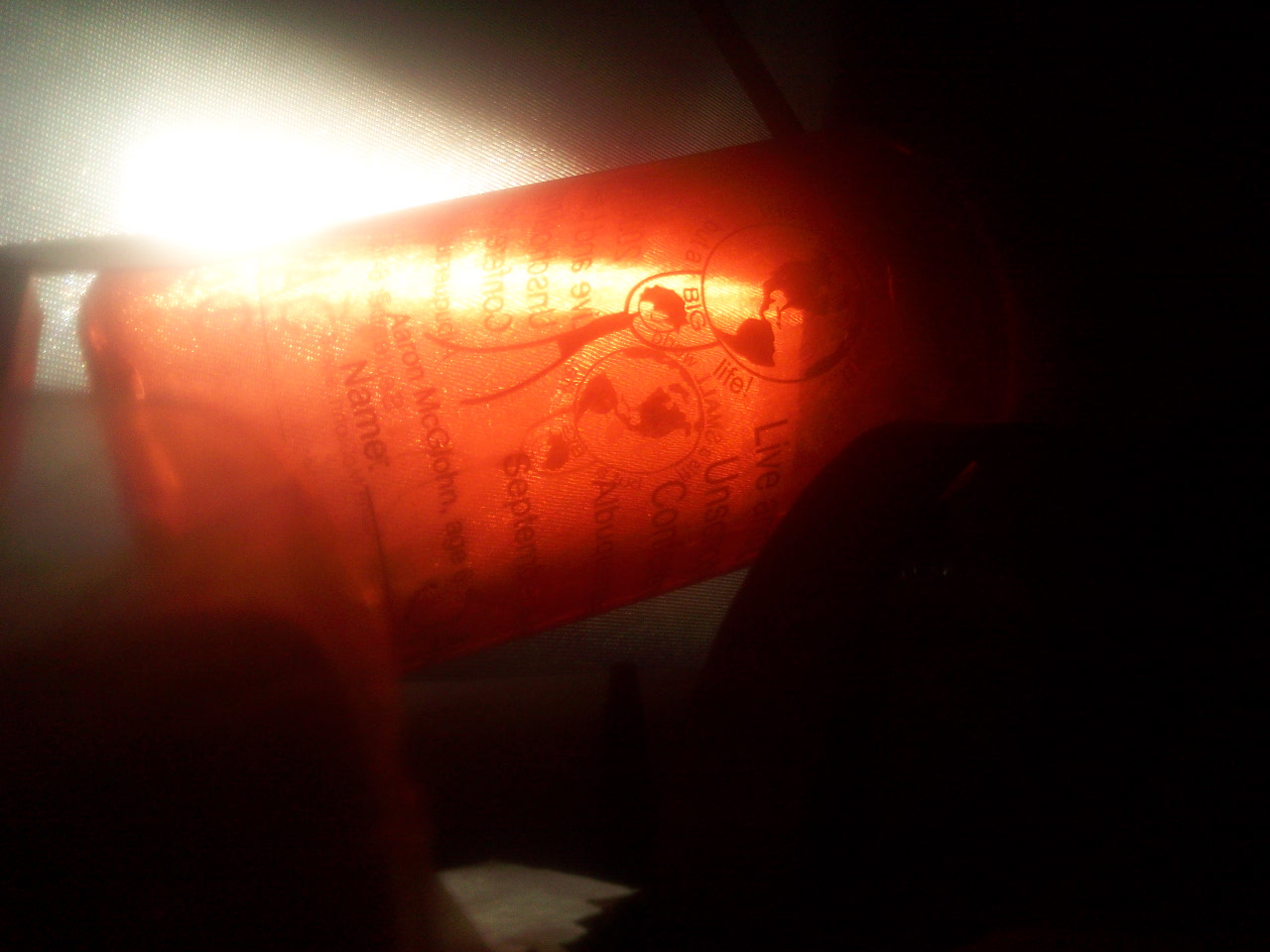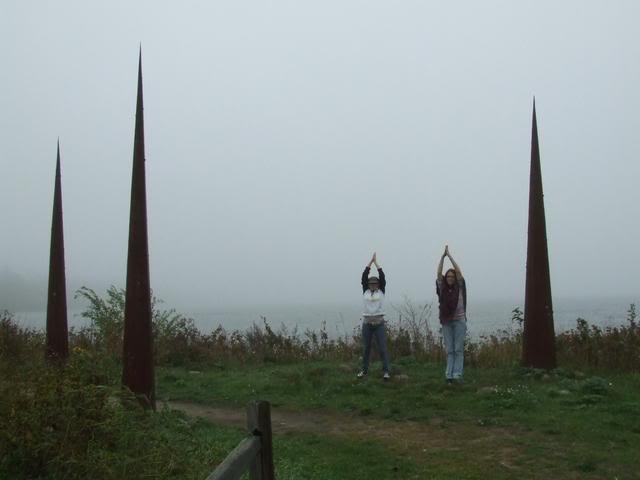 They don't think it, kind of believe it, or have a theory about it. They know that it's possible to be honest and trust your parents. They know it's possible for a fourteen year old girl to hang out with her older brothers pleasantly and at their request. They understand why those with unlimited TV in their own rooms can go a long time without turning it on, or why they might want to leave it on to sleep. They have years of experience with the fact that someone with the freedom to choose to stay awake will get sleepy at some point and want to go to bed and sleep. They all understand when it's worth going to sleep even though fun things are going on, and they know how to decide when it's worth setting an alarm to get up.
They don't think it, kind of believe it, or have a theory about it. They know that it's possible to be honest and trust your parents. They know it's possible for a fourteen year old girl to hang out with her older brothers pleasantly and at their request. They understand why those with unlimited TV in their own rooms can go a long time without turning it on, or why they might want to leave it on to sleep. They have years of experience with the fact that someone with the freedom to choose to stay awake will get sleepy at some point and want to go to bed and sleep. They all understand when it's worth going to sleep even though fun things are going on, and they know how to decide when it's worth setting an alarm to get up.There are many adults who don't know those things.
"Unschooled Teens: How are they as people?"
SandraDodd.com/teen/people
photo by Sandra Dodd, of three teens on the way to a party together, long ago

















